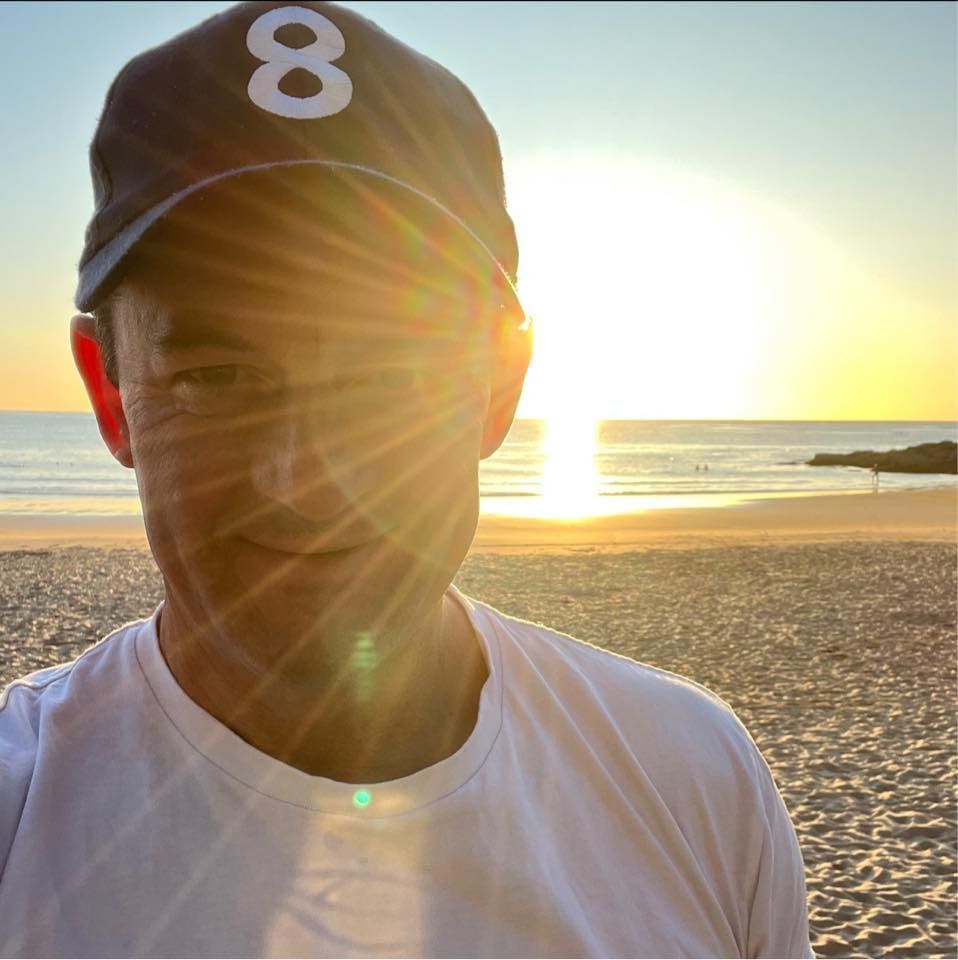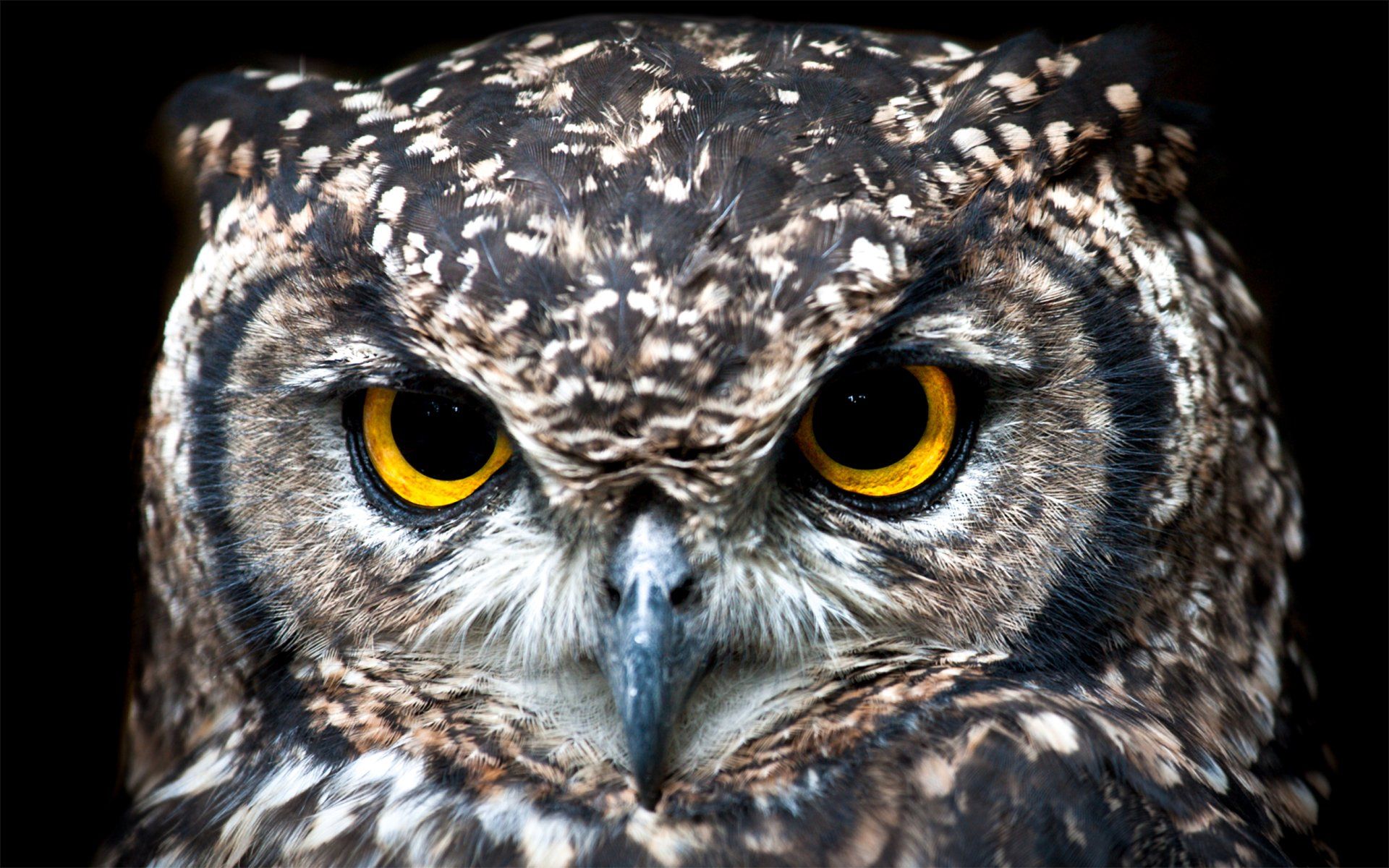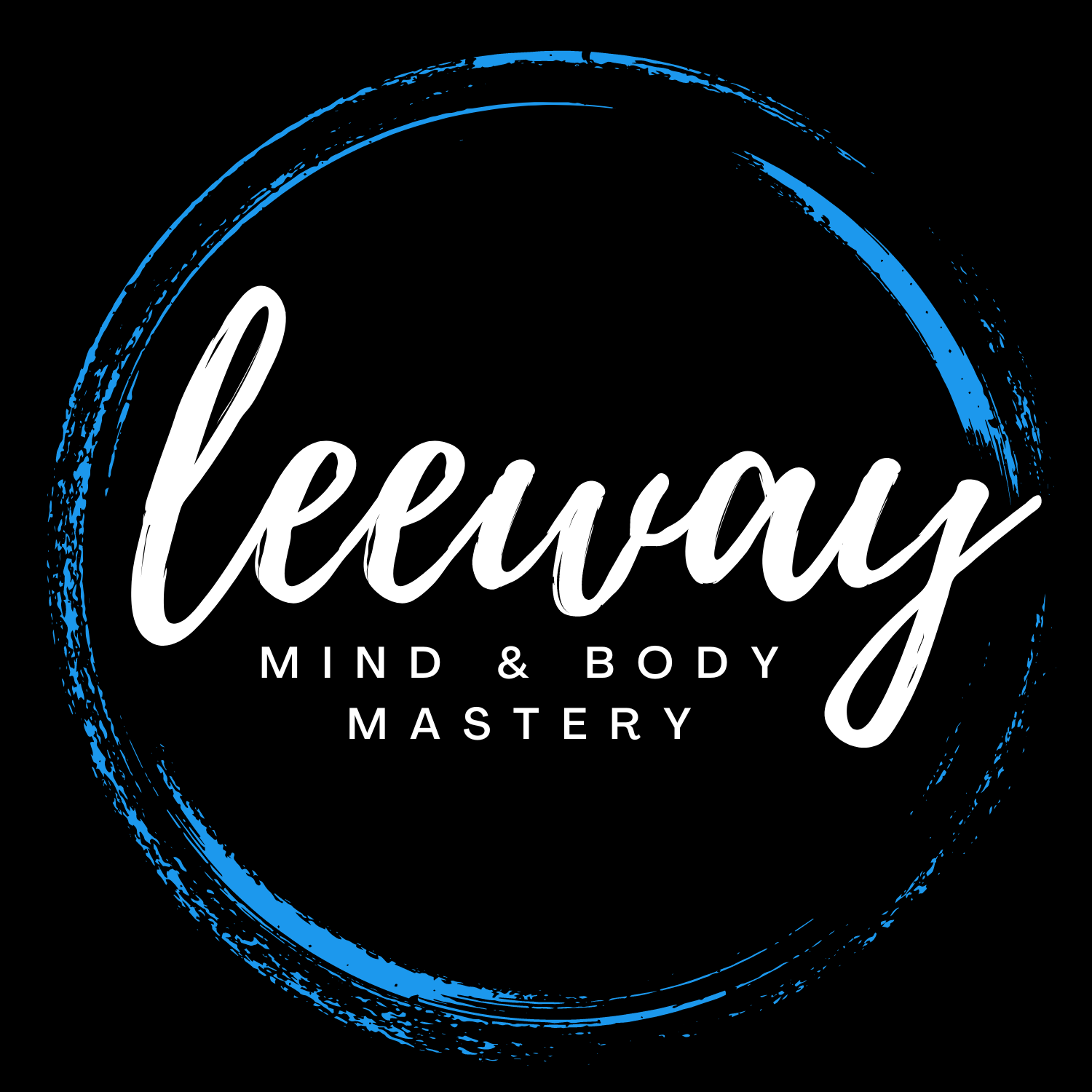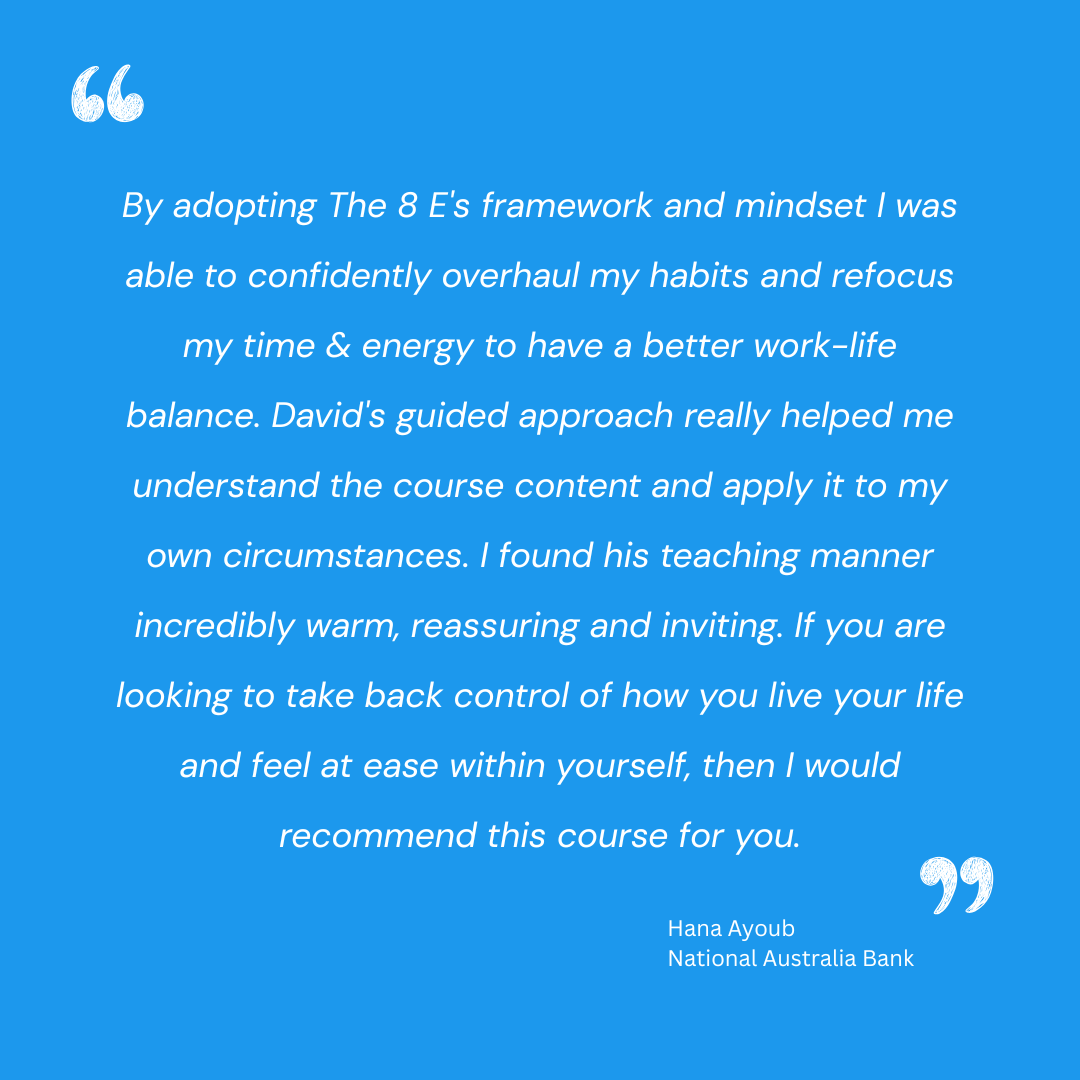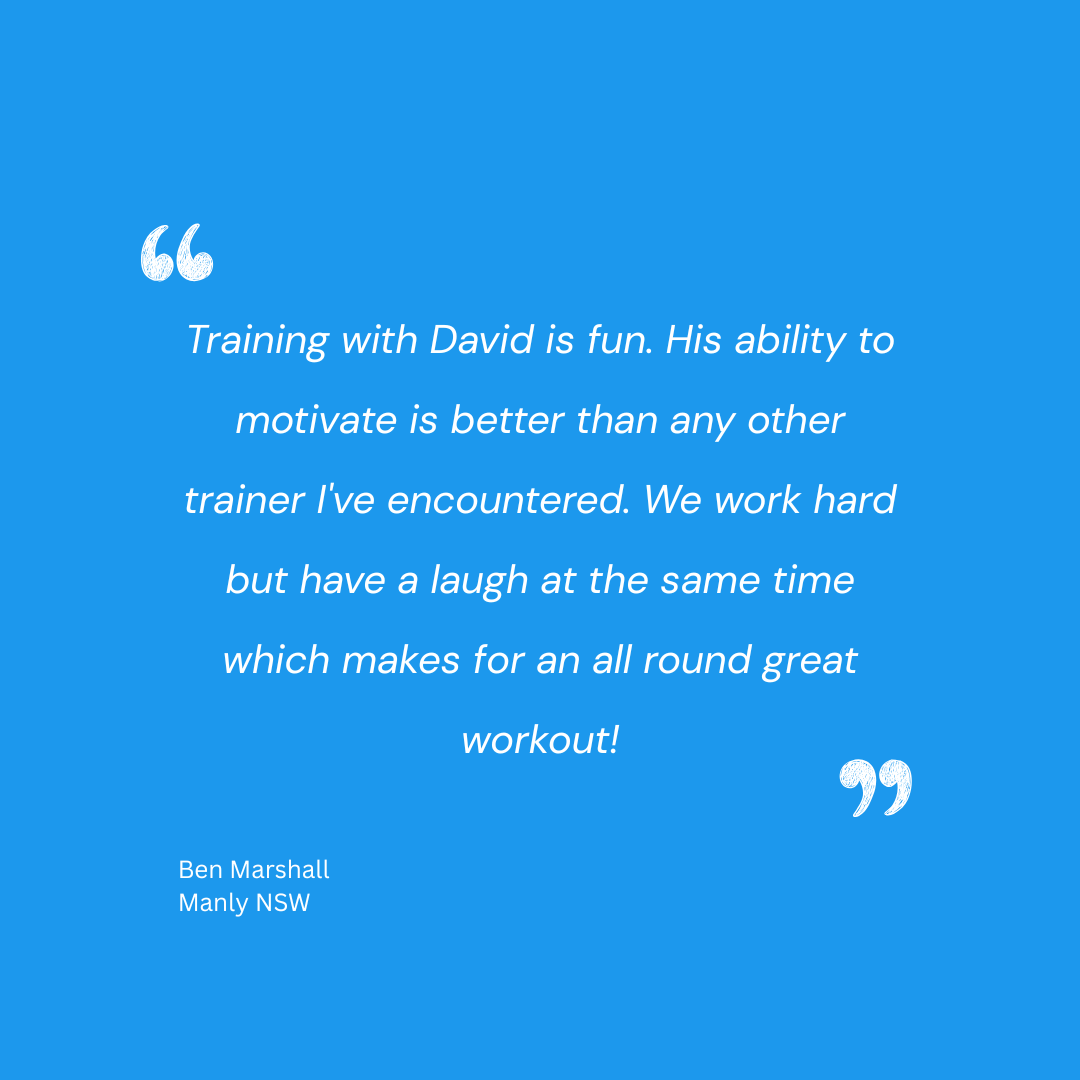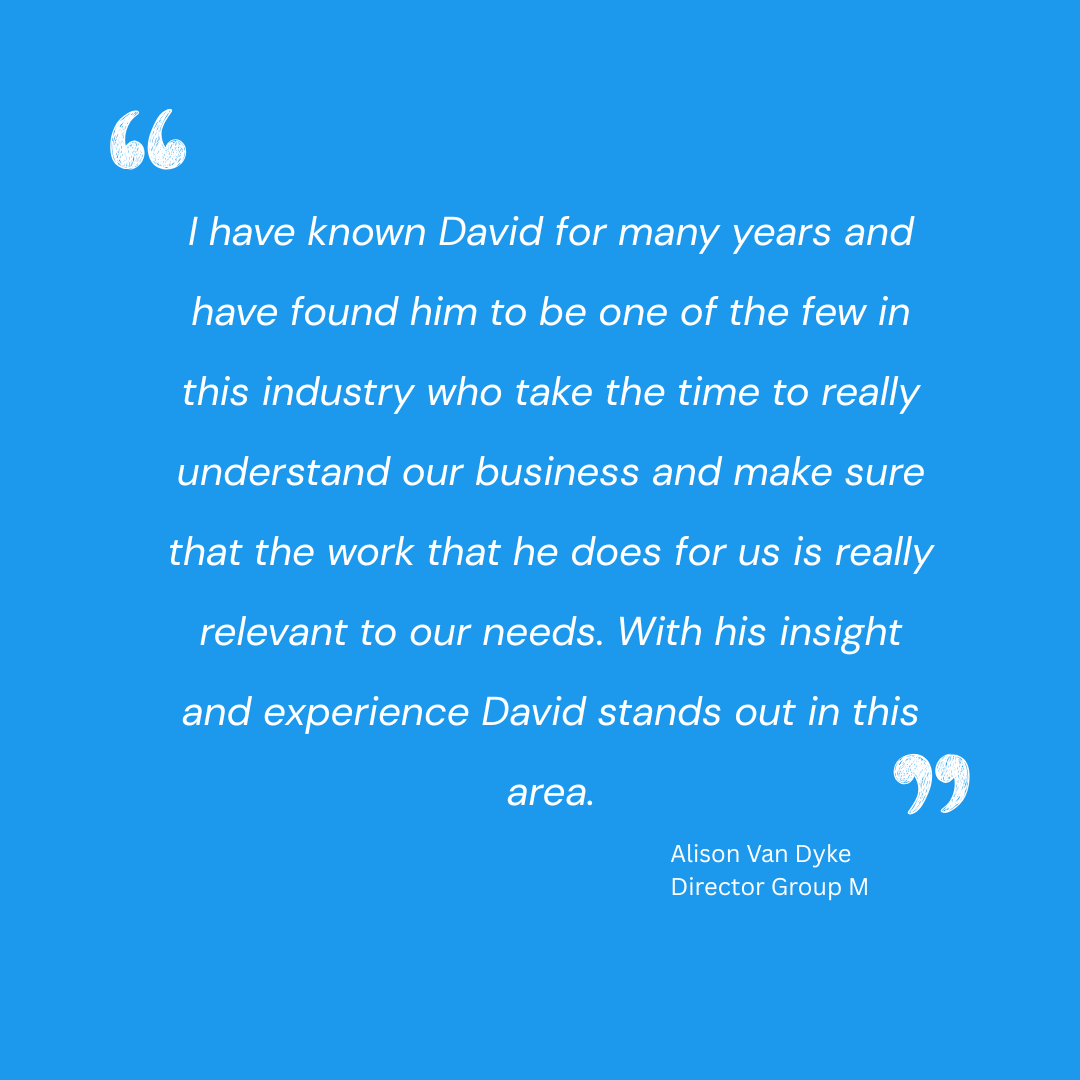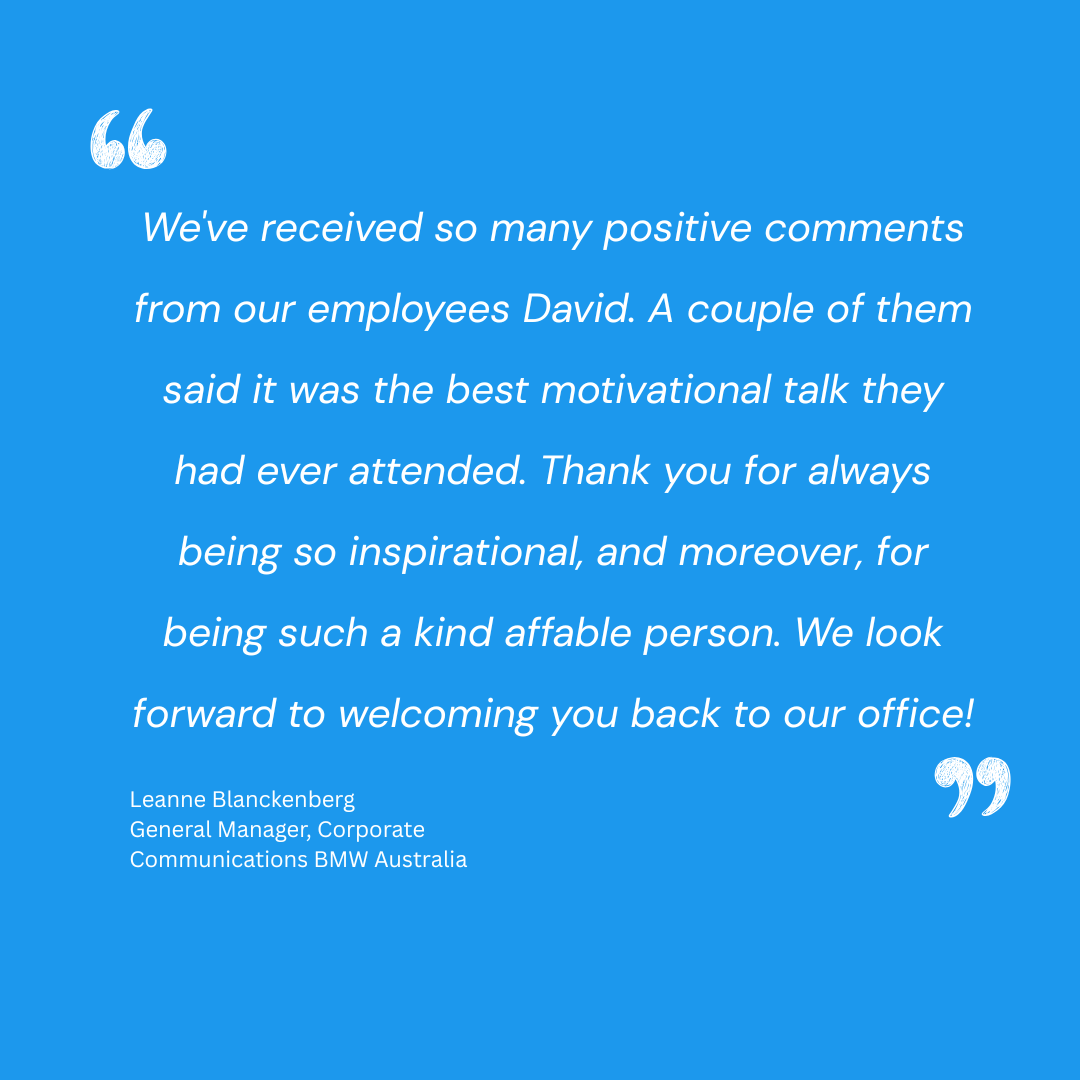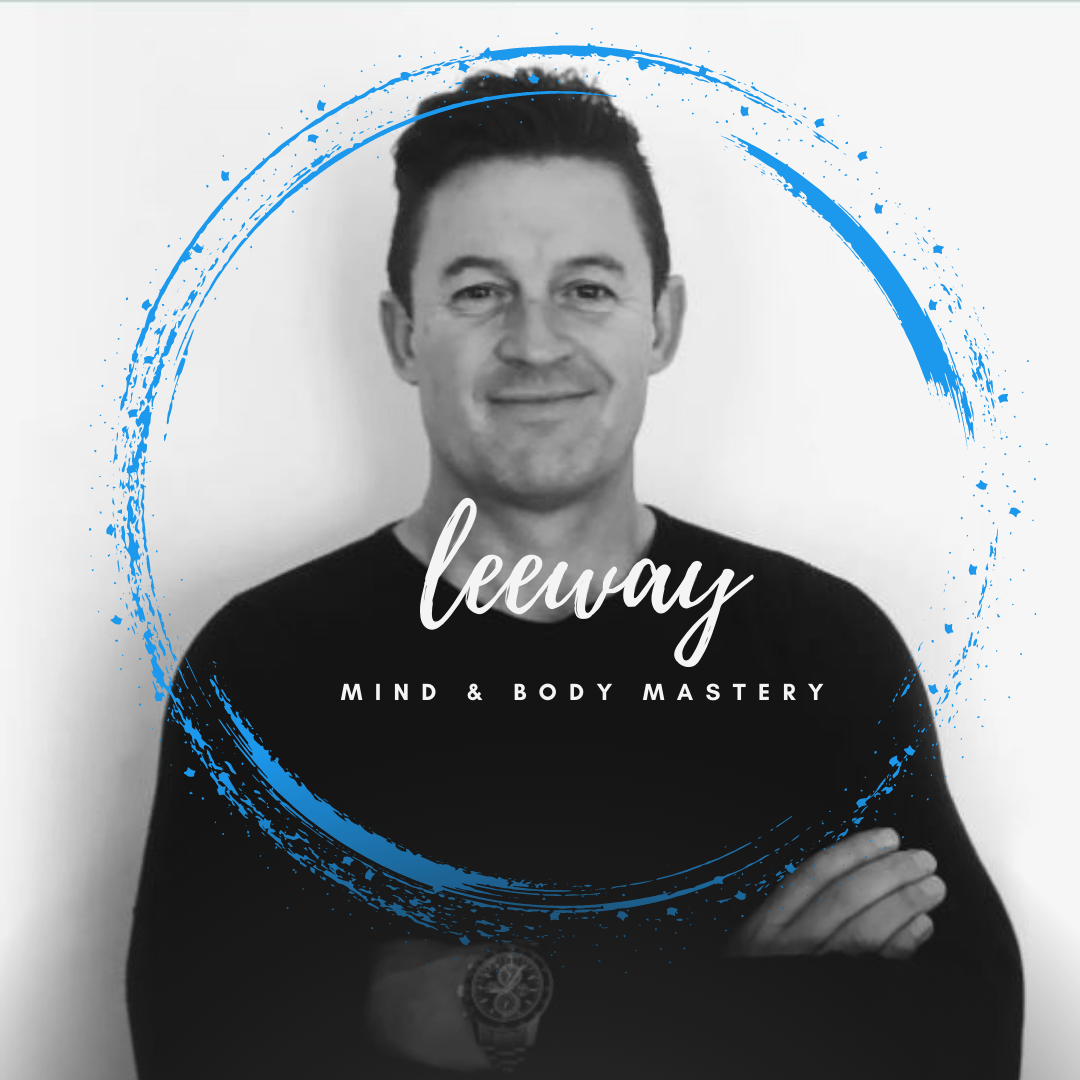Are Your Beliefs Holding You Back?
“The mind, once stretched by a new idea, never returns to its original dimensions”
Ralph Waldo Emerson
Once upon a time, a little boy woke up excited on his 10th birthday, ready to unwrap the magic awaiting him. His father, casually reading the morning paper at the breakfast table, decided it was the perfect moment for a fatherly chat.
"Son, today I'm going to share the secrets of the birds and the bees with you!"
The little boy, covered his ears and stomped his feet, shouting, "No! No! No! Don't tell me – STOP!" This unexpected reaction surprised the father, accustomed to his son's usual calm demeanor. Putting a reassuring hand on the boy's shoulder, he inquired about the cause of this sudden distress.
"Daddy, on my seventh birthday, you told me the tooth fairy was indeed a fairytale, and the dollars under my pillow stopped. Then on my eighth birthday, you told me the Easter Bunny was a myth and from that day on, the taste of chocolate just seems different. Last Christmas, you told me there's no Santa Claus, and it turned out to be the worst Christmas ever! If today, on my tenth birthday, you tell me that grown-ups don’t really 'DO IT,' then what do I have left to live for?"
Flashback to my own childhood – on the last day of the school year, as a trusting, happy go lucky 10 year old about to head off for Christmas holidays, my class teacher dropped a truth bomb on our class. "Stand up, all those who believe in Santa Claus," I stood up, along with two other boys, only to be promptly shut down. "Sit down, Lee, you idiot!" she scolded, unveiling the cruel reality.
In disbelief, having had a family photo with a big fat man in a red suit the weekend prior, who even though I questioned the fact he was cross eyed, my mother convinced me was indeed Santa Claus; I asked my older brother Terry for confirmation later that night and he whispered, "Shh! There's no Santa Claus, but don’t let Mum and Dad know you don't believe or you won't get any presents." That Christmas was my worst Christmas ever as well.
Childhood beliefs, whether in the tooth fairy, the Easter Bunny, or Santa Claus, are often handed down through generations. Our earliest convictions stem from parental influence, sometimes stretching back to the traditional beliefs of our great-great-great-grandparents.
Even though I feigned firm belief and excitement in the arrival of Saint Nicholas on Christmas Eve, my parents being very strict Catholics, managed to cement my disbelief in him, by virtue of the fact that I received one present from "Santa Claus" the following morning; "The Complete Illustrated Children’s Bible."
A belief is essentially a behavior. You can't claim to believe in something and act contrary to that belief – well, you can, and many people do. Gandhi once remarked, “I like your Christ, I do not like your Christians. Your Christians are so unlike your Christ.”
Embracing a growth mindset encourages us to scrutinize our beliefs. Beliefs should serve, support, nurture, and sustain us. If they don't, it's time to reevaluate. Comfort zones are growth's adversaries.
I used to think men who drank green tea were soft and that Yoga was for hippies. My mindset was fixed, inhibiting growth. I drink a fair bit of green tea these days and Yoga is quite often my most spiritual experience and a tough workout.
Mark Twain aptly said, “It ain’t what you don’t know that gets you into trouble. It’s what you know for sure that just ain’t so.”
Adopting a growth mindset involves challenging comfort zones. Doing one thing every day that scares you, isn't about being reckless, it is taking steps towards overcoming past barriers.
When an elephant is born in captivity it is restrained by tying a piece of rope around its leg and the rope is pegged into the ground. The elephant can't move and as it grows older and larger, it doesn't attempt to break free from this bond as it has believed since its weaker days that it was incapable.
A growth mindset is about igniting the spark of your potentiality. Petrol has potential but is inert without a spark or flame to unleash its volatility.
A growth mindset shows up when saying no to drinks with friends to keep true to your own goals and belief in yourself is strengthened as well as your mental toughness, This is growth on multiple levels.
In a CrossFit session once, a client told me his mind was preventing him from doing an extra rep. “Whose mind is it?” I asked. “Tell that mind we need to keep this body in top shape so Mr. Mini Me wakes up tomorrow.”
With a growth mindset you set your intentions of growth out on the table, as in you write them down and you review them regularly and renew them each time you have a setback and set a growth plan for overcoming the setback next time the opportunity presents itself. And then you believe you will MAKE THEM HAPPEN!
A growth mindset demands transparent growth intentions. Regularly reviewing and renewing them and crafting a growth plan for setbacks. Life is about meaning and memories, with growth stemming from both. Don't forget to grow.
If you would like a free growth mindset, discovery tool, step out of your comfort zone, grow a pair of whatever you identify a multiple of two that you need to grow and email me david@leeway.com.au and I will send you my "FINDING YOUR PHENOMENAL" template which has you ask yourself a series of questions of what your belief system is, around what I call "The 8 masts of mastery"
This template provides you with initial "mesearch" questions and then you follow your own structured plan and belief system for growth outside of your comfort zone.
As with any questions, if you don't ask, the answer is always "NO"
Say yes to you and your belief in yourself and email me david@leeway.com.au for this unbelievable FREE growth experience ..
Grow well
DL
“"Your belief determines your action and your action determines your results, but first, you have to believe."
Mark Victor Hansen
Don’t keep this to yourself. Spread the word.
